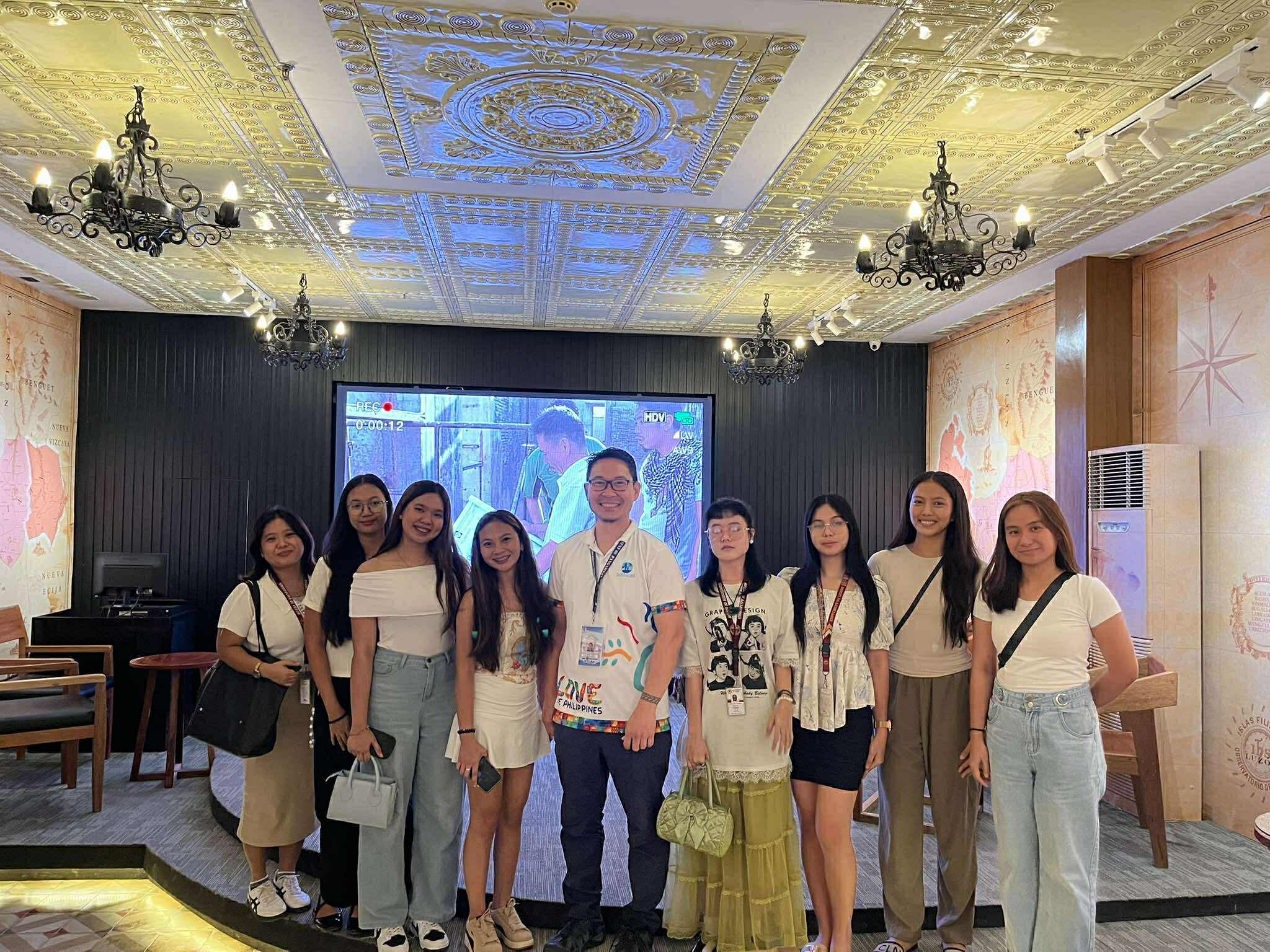University of Luzon CHTM Strengthens Cultural Heritage Education at Banaan Provincial Museum
Posted on 19th of Jun 2024 by UL AdministratorThe College of Hospitality and Tourism Management (CHTM) at the University of Luzon recently spearheaded a crucial educational initiative centered on cultural preservation, engaging students in a practical exploration of regional history. On June 19, 2024, a dedicated contingent of Luzonians, accompanied by faculty, undertook a visit to the Banaan Provincial Museum under the thematic banner, “The Right to Cultural Life: Strengthening the Heritage through the Banaan Provincial Museum.” This activity underscored the institution’s commitment to providing experiential learning that extends beyond the classroom, directly linking theoretical knowledge of tourism and hospitality to the vital sector of heritage stewardship and cultural rights. The program was meticulously designed to give future tourism professionals a profound appreciation for the artifacts, narratives, and history contained within the museum’s walls, recognizing these resources as cornerstones of the local cultural identity and essential assets for sustainable tourism development.
The core objective of the activity was to foster a deeper understanding among Luzonians regarding the significance of cultural heritage management as a professional responsibility and a fundamental societal right. The students, many of whom will soon manage hotels, travel agencies, and cultural sites, were exposed to the practical challenges and opportunities inherent in operating a provincial museum. This included observing best practices in artifact display, archival maintenance, and visitor engagement, all while reflecting on the concept of “The Right to Cultural Life”—the universal principle that citizens have a right to participate in and access cultural life, and that states have an obligation to conserve, develop, and disseminate cultural resources. The CHTM firmly believes that integrating these ethical and management principles early in the curriculum is paramount to producing graduates who are not only competent but also culturally responsible leaders within the industry.
By engaging directly with the collections and the curatorial staff at the Banaan Provincial Museum, the students gained firsthand insight into how local heritage contributes to the distinct appeal of the region as a destination. The visit served as a living case study for subjects such as cultural tourism, destination marketing, and heritage interpretation. The interaction provided a robust framework for understanding how the narratives of the past can be authentically and compellingly presented to modern visitors, enhancing the overall tourist experience while maintaining respect for the historical and cultural context. This educational partnership with the Banaan Provincial Museum further solidifies the University of Luzon’s role as a proactive partner in local community and cultural development, ensuring that the rich history of the area is safeguarded and celebrated by the next generation of professionals.
The successful turnout and enthusiastic participation from the Luzonians demonstrated a keen interest in bridging the gap between academic theory and the practical application of cultural immersion. Such field-based education is indispensable for preparing CHTM students for the complexities of the global tourism landscape, where authenticity, sustainability, and cultural sensitivity are increasingly demanded by travelers and ethical industry standards. The University of Luzon will continue to prioritize these immersive learning opportunities, recognizing their role in cultivating graduates who can effectively promote, protect, and manage the Philippines’ valuable heritage resources, ensuring their long-term viability for future generations of local and international visitors.
This CHTM initiative aligns directly with the United Nations Sustainable Development Goal (SDG) 11: Sustainable Cities and Communities, specifically targeting the objective to “Strengthen efforts to protect and safeguard the world’s cultural and natural heritage.” By actively involving students in the appreciation and professional study of heritage institutions like the Banaan Provincial Museum, the University of Luzon is cultivating the human capital necessary to manage and sustain cultural assets, thereby contributing to the creation of more inclusive, resilient, and sustainable cities and communities that value their historical roots and cultural identity as key components of urban development and quality of life.






